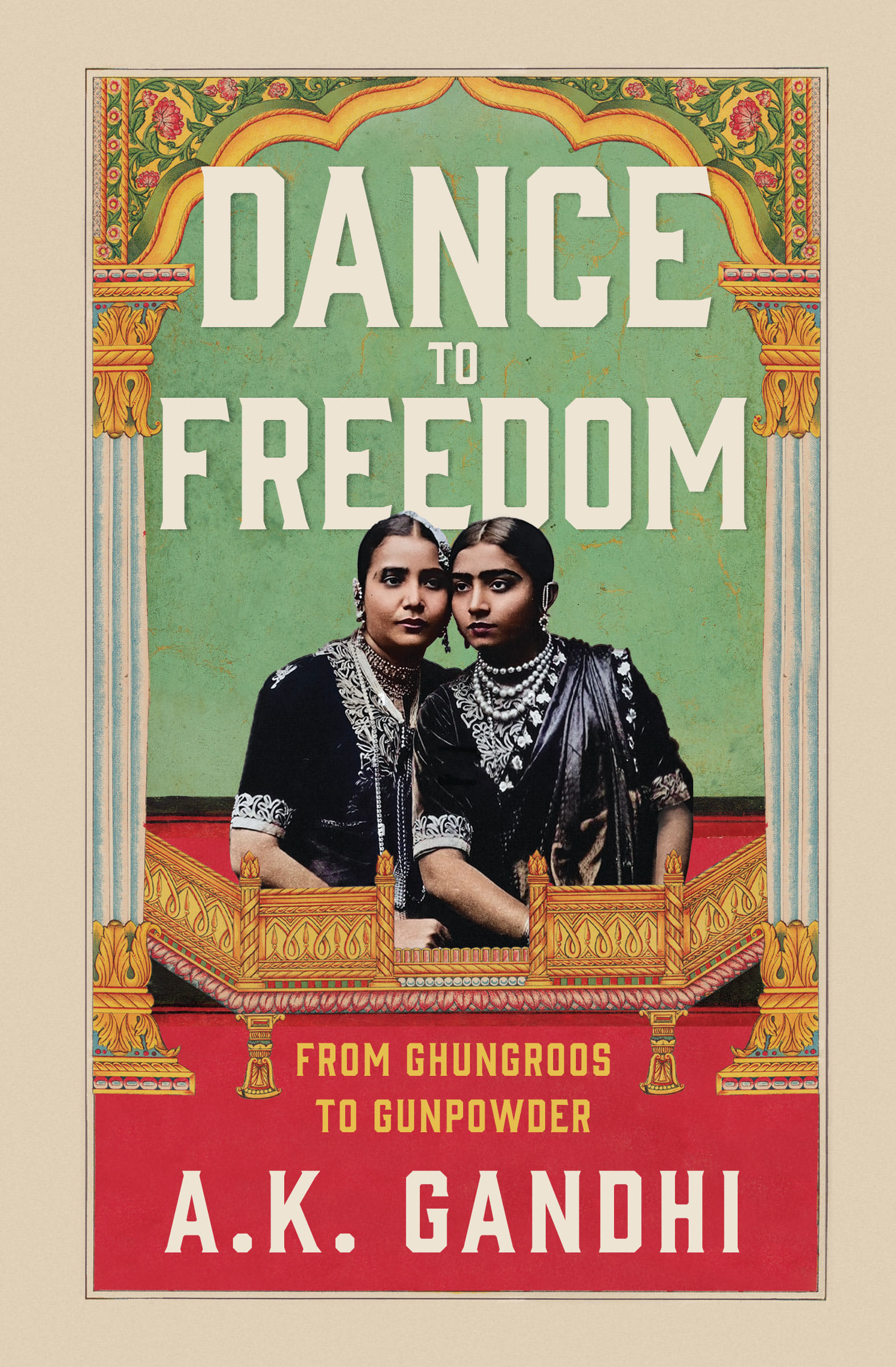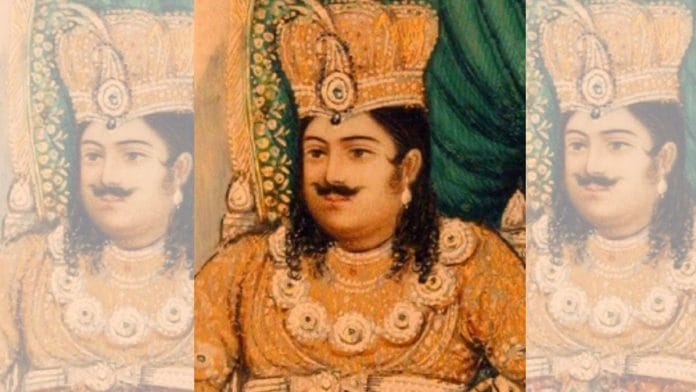As Wajid Ali Shah was fully occupied with debauchery, even in the name of exalted fine arts of poetry and dance, the presence of about three hundred begums and paris in his zenankhana did not suffice, and he desired more.
One day, on a visit to the Mother Queen, he happened to see a young attendant with lovely expressions, further intensified by the dimples on her cheeks. His insatiable desire for lust turned into a tempest in no time. Forgetting what he had come for, he requested, “I want her in my harem.”
“No, there is a limit to everything. You’ve fully turned away from the administration, and you’re doing nothing for the people,” retorted the mother.
“I cannot live without her,” said the Nawab, but his mother was not impressed.
He wanted to have her anyhow. When his request persisted over several days, his mother said, “She has an ominous feature that can exacerbate your troubles—a serpentine, hairy braid on her back.”
“Does that bring bad luck?”
“Yes, for sure,” the mother quipped.
Listening to this, the Nawab sank deep into thought and grew anxious that there could be others in his harem with such a braid, causing his misfortunes. He returned to his palace immediately and ordered the chief eunuch, named Bashir-ud-Daula, to examine all the ladies, other than the chief Begum, for the sinister mark.
Bashir-ud-Daula saw in this command a golden opportunity to mint money. The wily eunuch knew who all could pay handsomely, and he pointed them out as the ones who had the braid. Now, none of the ladies wanted to be a blot on the Nawab’s fortunes, so they entreated and pleaded not to be named on the unlucky list. With this, the eunuch’s pockets grew deeper and fatter. He had gathered a fortune for himself, yet he knew he could not seek bribes from those who actually had the ominous feature on their backs. He included them in the list and handed them over to the Nawab. One of them was none other than Hazrat Mahal. All of them heard the words, “Talaq, Talaq, Talaq.” To divorce a wife—eight wives—was as simple as that.
They were all ousted from the Kaisarbagh Palace but were given a place to stay in the Chaulakhi Kothi, which was a favor to them as they had not otherwise done anything against the Nawab.
The Nawab never wished to part company with any of his wives. He was disappointed but helpless. He missed Hazrat Mahal specifically, as he enjoyed her company the most. He liked her for her practical proposals on different aspects of life, including the kingdom and its administration.
The Begums who had bribed were afraid that the eunuch would exploit them further. They also realized that the Nawab found separation from Hazrat Mahal somewhat difficult. Therefore, together, they planned and convinced him that the Hindu priests could profess remedies to do away with the evil effect of the ominous feature. And this was precisely what the Nawab wanted.
The Hindu priests were quickly summoned, and after consulting the texts and calculating the effect of stars, they proclaimed that the evil effects of the braid would be eliminated by offering a gold snake to fire.
This was promptly done, and satisfied with this, the Nawab himself invited the eight expelled begums to return to Kaisarbagh Palace. To his dismay, only two of them consented; the others, including Hazrat Mahal, declined the offer. She felt hurt after the whole predicament and continued to stay in Chaulakhi Kothi with her young son. The gentle Nawab respected her decision, and instead of forcing her to return, he would visit her himself every now and then.
The Nawab’s eccentricities did not stop here. Once, he ordered all his employees to join in a three-day-long celebration in saffron colored clothes, only to see how they looked together.
While the Nawab was busy with his amorous celebrations, composing poetry, and singing thumri, the entire Awadh was facing an acute breakdown of law and order. People were seething in anger and dissatisfaction, and with new developments taking place at a rapid rate, they were destined to see more difficult times not too distant in the future.
 This excerpt from Dance to Freedom: From Ghungroos To Gunpowder by AK Gandhi has been published with permission from Fingerprint.
This excerpt from Dance to Freedom: From Ghungroos To Gunpowder by AK Gandhi has been published with permission from Fingerprint.






